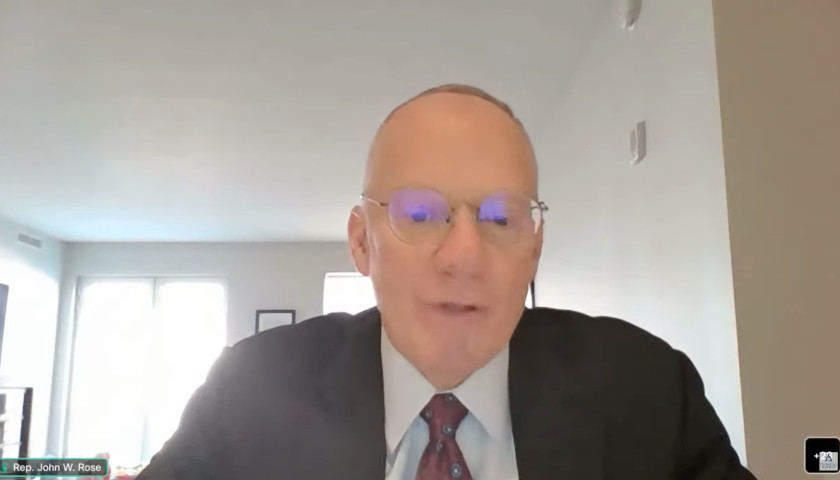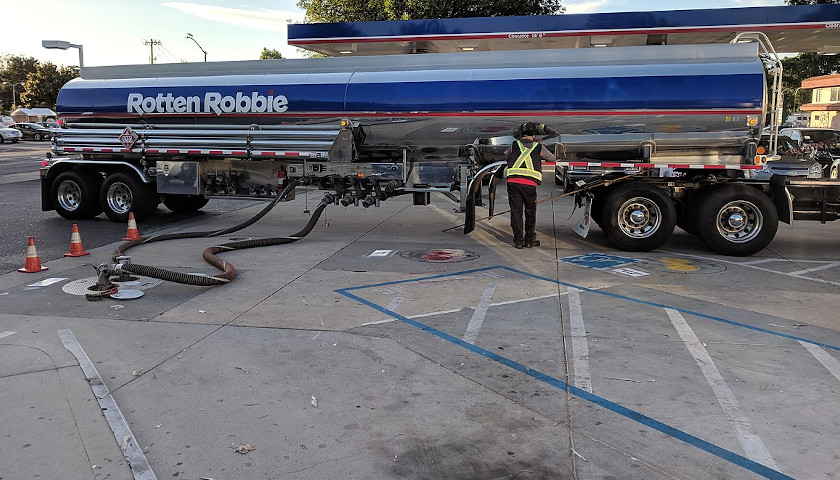When Jeff, a retired marketing consultant from Chicago, was closing on his home sale, he received a new set of instructions at the last minute on where to send several thousand dollars in closing expenses. At first blush, the email looked legit with an official-looking logo and professional language specifying the amount owed and itemized expenses. But one thing caught his eye: The email address looked strange. Just to be safe, he called his mortgage broker.
“Don’t do that!” his broker told him in an alarmed voice. It was a scam. If he hit “send,” his closing fees would go to a thief who had been monitoring his emails. “I was a keystroke away from losing thousands of dollars,” Jeff recalled.
As the housing market sizzles across the country – with nearly 6 million homes bought last year – scammers have been finding new ways to tap into this once-secure market. Real estate transactions still demand reams of paperwork and regulations involving lawyers, brokers, title insurance companies and banks, but the fact that much of this work now takes place online gives thieves countless opportunities to exploit vulnerable buyers. Last year, more than 11,000 homeowners were scammed out of more than $220 million in closing funds alone, according to the American Land and Title Association, a trade group that represents professionals who perform property transactions.
Read the full story








































